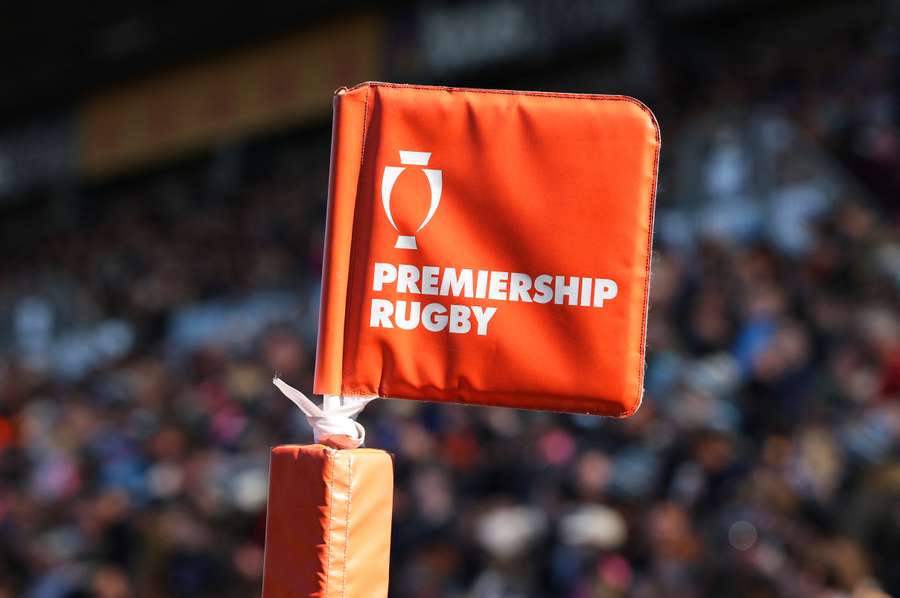The report by business-restructuring specialists Leonard Curtis comes amid talk the clubs - including Bath, Leicester and Saracens - from the English Premiership, renamed as Prem this season, could soon switch to a franchise model in order to strengthen their finances.
"The current model is proven. It is a loss-making one," said Alex Cadwallader, a Leonard Curtis director and former England rugby junior international.
"The clubs collectively have been loss-making every year in the last ten years once the exceptional items such as ground sales...are removed. The amount of debt continues to grow," he added.
The report noted "despite some encouraging signs of growth in matchday and commercial income", total debt stood at £342.5 million ($449 million) across the ten teams in season 2023/24.
The ten clubs made a combined loss of £34 million, also an increase on the previous season.
"The franchise debate is ultimately a financial sustainability debate," said the report's co-author Rob Wilson.
'Stable cashflow'
"If the sport wants to attract serious capital... it must demonstrate a credible long-run route to stable cashflow and return on investment," Wilson added.
Leonard Curtis said through a franchise licensing system clubs could save between £1.1 million and £1.9 million annually on a typical turnover of £20 million.
However it warned club finances would stabilise only in combination with other factors, including independent financial regulation and disciplined cost controls focused on player salaries.
In April, the chief executive of England's governing Rugby Football Union, Bill Sweeney, said a franchise-style Prem, with clubs awarded licenses to play on the basis of finances, fanbase and facilities as well as results on the pitch, was a possibility.
Promotion currently depends on the second-tier champions meeting minimum standards, including around stadiums and a sustainable business model, before beating the top flight's bottom side in a two-legged play-off.
Sweeney said he hoped such a change will make the Premiership - which lost Wasps, London Irish and Worcester to bankruptcy in the 2022/23 season - more attractive to outside investors.
France's Top 14, with several clubs bankrolled by wealthy owners, has a higher salary cap than the Prem and has outpaced its English counterpart commercially to become Europe's leading domestic rugby tournament, with broadcaster Canal+ paying nearly three times as much for the league's rights compared to the amount earned by Prem Rugby.
The RFU has tried to stop leading players leaving the domestic game by saying only those at domestic clubs will be considered for England selection.
But several players have still opted to either end or put their England careers on hold by signing for French teams, with Saracens and England No 8 Tom Willis set leave the London club at the end of the season to join Bordeaux-Begles.
He also spent the 2022/23 season at Bordeaux-Begles after Wasps, his former club, had to pull out of the league.
His older brother, Jack Willis, also a back-rower, left Wasps at the same time and has played for French champions Toulouse ever since.
"The competition in France is moving forward and disruptors with new models are circling," said Cadwallader in a reference to the proposed breakaway R360 competition.

